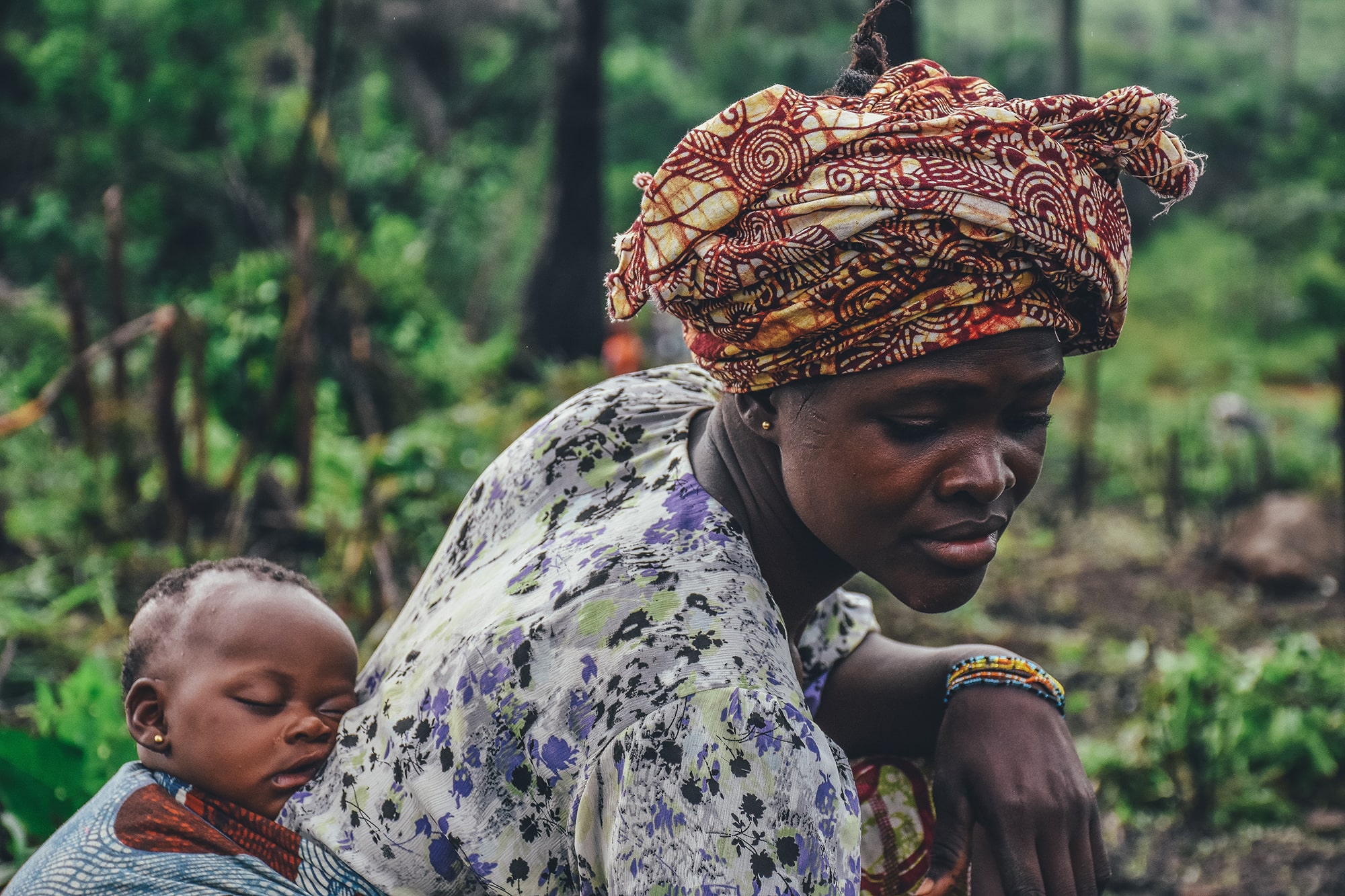Bridging the Gap for Tanzania's Rural Children
The first time 14-year-old Baraka touched a computer tablet, he stared at it with equal parts wonder and apprehension. Living in a village where electricity remains intermittent and internet access non existent, digital technology had seemed as distant as the moon.
“I knew these things existed,” he told us, carefully tracing his finger across the screen, “but I never thought I would touch one myself.”

Two Tanzania’s Emerging
As Tanzania rapidly digitizes its urban centres, a concerning pattern emerges. Children in cities increasingly access technology that prepares them for the modern economy, while their rural counterparts fall further behind. This isn’t just about access to gadgets—it’s about fundamental preparation for meaningful participation in the 21st century.
Consider these contrasts:
- 72% of urban secondary schools in Tanzania have some form of computer lab, compared to just 8% of rural schools
- Children in Dar es Salaam spend an average of 4 hours weekly using digital technology, while children in remote villages might never touch a computer before adulthood
- Almost all government services are moving online, including school registration and exam results
This divide creates what economists call “digital poverty”—exclusion from essential information, services, and opportunities that increasingly exist only in digital form.
Beyond Access: Meaningful Engagement
At the I Want to Be Foundation, we recognized early that simply dropping technology into communities wasn’t enough. Through our Kesho Bora Educational Initiative, we’ve pioneered an approach that makes digital access meaningful rather than superficial.
Our community resource hubs aren’t just computer labs—they’re comprehensive digital ecosystems that include:
- Offline-First Design: Most educational content works without internet, with periodic updates when connectivity is available.
- Solar Power Solutions: Independent energy systems ensure technology remains functional regardless of grid reliability.
- Contextually Relevant Content: Applications and materials in Swahili that address local needs and reflect local culture.
- Intergenerational Learning: Programs that engage parents and grandparents alongside children, preventing technology from becoming a dividing force within families.
When Technology Meets Tradition
One of our most successful programs came from an unexpected insight: digital tools are most powerful when they strengthen rather than replace traditional knowledge systems.
In the village of Bagamoyo, students used tablets to document traditional medicinal plants identified by community elders. The resulting digital catalogue preserved at-risk knowledge while teaching digital research skills. When the project expanded to include testing these plants for antimicrobial properties in partnership with a university lab, several students discovered a passion for scientific research.
“I never thought our village knowledge could connect to science,” said 15-year-old Rehema. “Now I want to be a researcher who brings these worlds together.”
The Future of Work
The urgency of addressing the digital divide becomes clearer when considering Tanzania’s economic future. The World Bank estimates that 65% of children entering primary school today will work in jobs that don’t yet exist—many requiring digital literacy.
Rural children without digital skills face a double exclusion: from the traditional agricultural livelihoods that sustained previous generations (as climate change alters growing patterns) and from the emerging digital economy that might otherwise offer alternatives.
Our approach includes age-appropriate exposure to:
- Basic coding concepts through game-based learning
- Digital storytelling that builds communication skills
- Data visualization techniques that enhance critical thinking
Online research methods that expand access to information
Scaling Smart: Lessons Learned
Implementing technology programs in resource-constrained environments has taught us valuable lessons:
- Community ownership matters more than cutting-edge technology. When villages participate in designing and maintaining digital resources, sustainability increases dramatically.
- Offline functionality remains essential. Programs that require constant internet connectivity fail in most rural settings.
- Human facilitators cannot be replaced. The most successful technology interventions combine digital tools with well-trained local guides who help children navigate new learning frontiers.
- Start with solving real problems. Technology adoption accelerates when it addresses tangible community needs rather than abstract skills.
Join the Bridge-Building
When you support the I Want to Be Foundation’s technology initiatives, you help ensure that children like Baraka aren’t left behind in the digital revolution. Your contribution helps bridge the gap between Tanzania’s connected and disconnected children, creating pathways to opportunity regardless of geography.
After all, talent is universal—but opportunity isn’t. Together, we can change that equation.
Social Chat is free, download and try it now here!